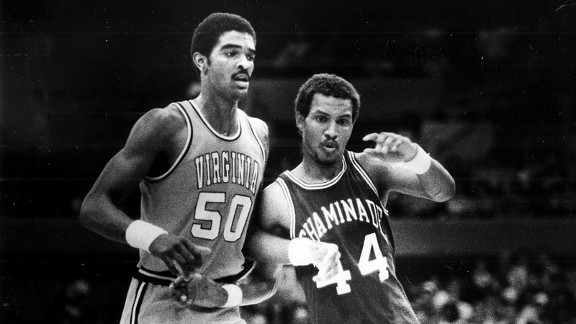So the Malaysian government has determined that an airliner that was lost over the ocean did, in point of fact, crash into the ocean. Thanks for that. Next up, how was the Empire State Building erected: 1930s-era work crews, or visitors from Tau Ceti?
Excuse us as we go off on the absurdity of journalists in general. They deserve it. Last week a CNN anchor entertained the notion of Flight 370 being swallowed by a black hole. One localized entirely within a segment of the Indian Ocean. A Mother Jones writer blames the failure to find remnants of the flight on anthropogenic global warming. Sure, why not? How about this – be it resolved that it’s impossible to find a denser-than-water structure, the size of a baseball infield, in an area the size of Maryland? Oh, and let’s not forget the Fox News anchor who helpfully pointed out that the Indian Ocean is “one of the deepest oceans on Earth.” Well, it’s definitely in the top 5. And what does that mean: that it’s easier to find a plane in an ocean that averages 10,000 feet of depth than in one that averages 12,000 feet? The recovery effort, much like its Air France Flight 447 counterpart, represents millions of dollars spent purely for public relations without the intention of doing anything concrete. The proverbial needle in a haystack has a better chance of being found. The ocean is large. In Flight 447’s case, someone turned up some debris a year and 9 months after the crash. Not sure what the point of that was.
And now, the always awkward transition from a general knowledge topic to the Carnival of Wealth. We do this every Monday, in case this is your first time here. Personal finance blog posts from everywhere, varying in content from stellar to abysmal. Fortunately, most of the submitters whose posts are in the latter category have been shamed out of existence in recent months. What remains is the wheat. Let’s get started, shall we?
Pauline Paquin at Reach Financial Independence asks if you’re richer than your grandparents. Even though they’re had the capacity for building wealth for decades, while you’re young enough to have grandparents who are still alive. Pauline explains the concept of division of labor better than Adam Smith himself could do it, illustrating how a society that’s progressed beyond subsistence agriculture lets its denizens multiply their productivity just by doing whatever the marketplace offers rewards for. If this sounds like nothing more than an academic economics treatise, it isn’t. For millions of us, any productivity advantage enjoyed over our grandparents just by virtue of us being born later is more than negated by our appetite for buying (and financing) stuff we don’t need. Pauline, by the way, is richer than her grandparents ever dreamed of – both in terms of net fiscal worth and of the freedom that said worth brings.
SAFEMAX sounds like a prison classification. “Once they catch Robert William Fisher, he’ll be looking at 40-to-life in Florence, Colorado at SAFEMAX.” Not quite. It’s an attempt to measure how quickly you can withdraw money in retirement without being stuck with too many remaining heartbeats and too few dollars to spend maintaining them. Jason at Hull Financial Planning found one glaring flaw in the methodology behind the calculation of SAFEMAX, one that its originator either never thought of or never thought important.
Harry Campbell at Your PF Pro wrote a book, The Ultimate Guide to Understanding your 401(k). How many of you have only a vague understanding of your 401(k), and think of it as merely a place where a portion of your paycheck disappears to every couple of months, returning so far off in the future that you can’t even comprehend it with your human brain that’s inexorably wired for the short term? Best of all, Harry is giving the book away. Plenty of tips complemented by plenty of royalty-free illustrations.
Finally, a company called AccuTech submits every few weeks, and doesn’t seem to understand how this whole personal finance blog carnival thing works. That’s OK, many of our regular submitters don’t. Anyhow, AccuTech has “up-front pricing and 24-hour service”, making them “your top choice for air conditioning and heating services near Warrington, PA.” Do you need your AC unit fixed or your heating ducts cleaned? They’re here (well, there) to help.
And we’re done. (Do you want quantity, or quality?) As for our other appearances, we wrote one article after another on technical analysis at Investopedia in the last few weeks, but encourage you to take such numerical alchemy for what it is. Also, we’re on the Stacking Benjamins podcast more often than not. Back here tomorrow with an Anti-Tip of the Day, new posts every Wednesday and Friday, and a new Carnival of Wealth every Monday. ‘Til then.




